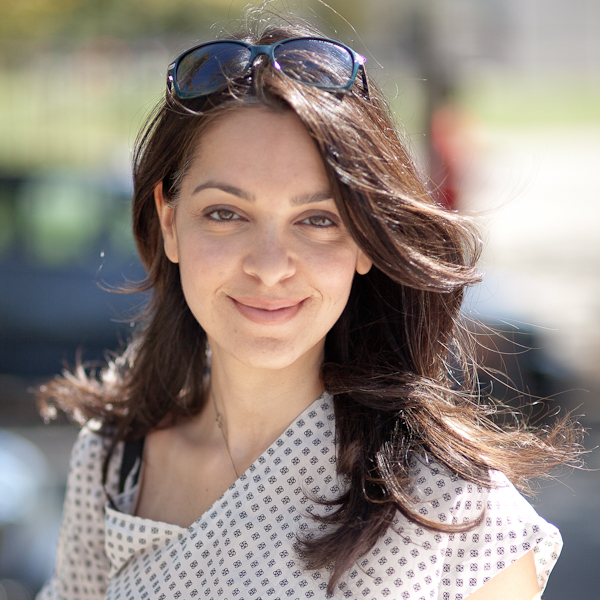When a Woman Smells Best

The scent of a woman is more attractive at certain times of the month, suggests a new study that had men sniffing women's armpit odor.
"We were interested whether armpit odor changes across menstrual cycle," said study author Jan Havlieek of the Department of Anthropology at Charles University, Prague. "To test this, we asked a group of women to wear cotton pads in their armpits for 24 hours."
The women didn't wear perfumes, use deodorants, eat spicy or smelly foods, smoke, drink alcohol or use hormonal contraceptives such as the pill. Body odor was collected during three phases: menstrual (at the beginning); follicular (between the first day of menstruation and the onset of ovulation); and luteal (the fertile stage).
"The fresh pads were subsequently rated for their attractiveness and intensity by a group of 42 men," Havlieek told LiveScience.
The most attractive smells, men said, were from the time between the first day of menstruation and ovulation.
The cycle
The typically 28-day menstrual cycle involves the physiological changes that occur in a woman to prepare for a possibility of pregnancy. It is controlled by the reproductive hormone system.
Sign up for the Live Science daily newsletter now
Get the world’s most fascinating discoveries delivered straight to your inbox.
A cycle is divided into four parts and starts on the first day of menstruation, which is the shedding of tissue and blood from the womb. In the follicular phase, a dominant ovarian follicle—which is a sack that contains the ova, or egg—grows, becoming ready to ovulate. The mature egg is then released in the phase known as ovulation around day 12. The cycle ends with the fertile phase.
Although many men would tell you they're always in the mood, Havlieek and colleagues discovered that men find odors during the follicular phase the most attractive and least intense. On the other hand, the highest intensity smells, corresponding to the lowest attractiveness for men, were found during the time of menstrual bleeding.
"Traditionally it's believed that ovulation in human female is concealed and there are no changes in attractiveness across the cycle," Havlieek said.
The study is detailed in the January issue of the journal Ethology.
Further sniffing
Two other studies by different research teams came to similar conclusions. But those investigations used T-shirts for odor sampling, "making it difficult to pinpoint the source of the smell," said Havlieek, whose team restricted sampling to armpits only.
Finally, the attractiveness of women's faces also changes during the month.
Havlieek's team found that facial images of women in the follicular phase—when the dominant ovarian follicle is getting ready to ovulate—are considered more attractive as compared to images taken in the luteal or fertile phase of the cycle.
The researchers hope to find out which chemical compounds are responsible for the odor changes across a woman's menstrual cycle.










